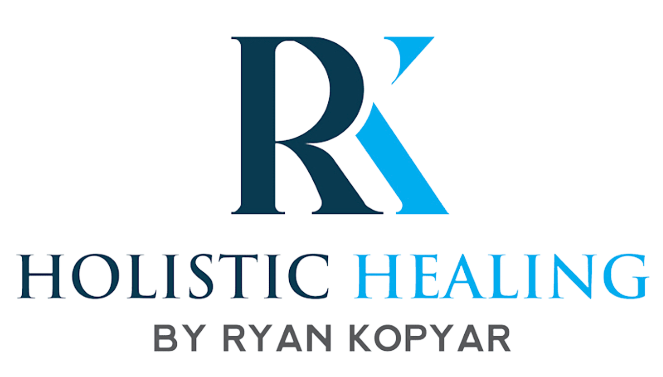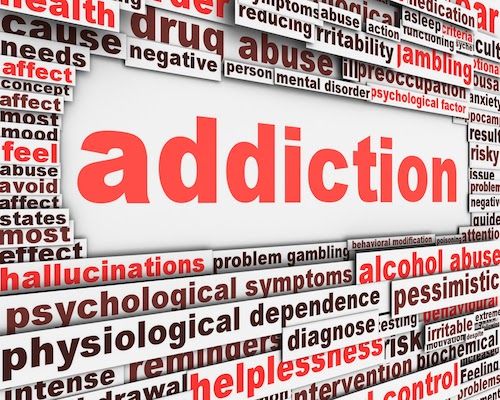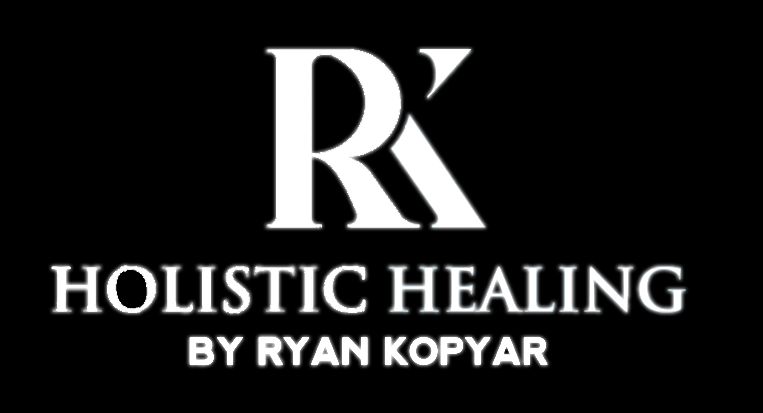Family Disease Model: Of the Family Models
The Family Disease Model is a subset from the Family Models explanation of addiction (Capuzzi & Stauffer, 2013). In the Family Disease Model, the focus is taken off of the specific individual with addiction, and instead focused on the entire family unit (Capuzzi & Stauffer, 2013). In this model, Capuzzi and Stauffer (2013) suggest that the entire family undergoes treatment, rather than the treatment being limited to the user. Furthermore, it is imperative to the successful understanding of the addiction, and treatment for the addiction, that all members of the family unit must attend the substance abuse counseling (Capuzzi & Stauffer, 2013). To summarize, the Family Disease Model suggests taking a wider view of the addiction. Shifting the understanding, impact, and health outcomes away from the individual addicted, and onto the family unit as a whole.
Example of Addiction Through the Lens of Family Disease Model
Laura is a twenty-year-old female who uses alcohol and crack cocaine. Her drug use has had a severe impact on not only herself, but her younger brother and her parents as well. Laura has been in addictions counseling for four months now, and there is little clinical improvement. Laura expresses that her parent’s marriage has become strained because of her drug use, and this makes her feel incredibly guilty and leads her to want to use more. She is also very worried about her younger brother, because she does not want her drug use to be a catalyst for him to use drugs. Laura’s therapist, John, presents to Laura the idea of inviting her family to join her and to begin family therapy. Laura agrees and after getting through the first few family sessions, already begins to see the positive effects of the family therapy. Each family member is able to explore the impact that Laura’s addiction has had on them individually, with specific members of the family, and on the family unit as a whole. This has had a tremendous therapeutic impact and has helped in restoring health and homeostasis to the family unit. Laura has worked closely with her parents to not use drugs and their family unit feels more united than they have in very long time.
Academic Support
Csiernik (2002) denotes the importance of looking at addiction through the lens of the entire family unit. Thus, Csiernik (2002) believes that because all members of the family unit are affected by the presence of addiction within the family unit, all members of the family should participate in counseling. To this point, Csiernik (2002) opines that it is short-sighted, counterintuitive, and even harmful for the other family members to not participate in counseling. Shanmugam’s (2020) research supports the Family Disease Model for addiction. Shanmugam’s (2020) data suggests that viewing the addiction through the lens of the entire family unit, and involving all family members in counseling, statistically improved clinical outcomes, not only for the individual battling addiction, but for all members of the family unit.
Conclusion
There is no one subset or model as a whole that can be used to fully explain addiction in all individuals. Each individual is unique in what lead them to addiction. To that point, the safest and most efficacious path for them to sobriety will be unique to each user. What is undeniable is the deleterious psychosomatic effects that drugs and alcohol have on the human body. Moreover, the effects of an individual’s drug use are often far reaching beyond the user’s brain and body. This can include dramatic impacts on the family unit and social community. The four subsets provided in this paper are not the only explanations for addiction. And while these presented subsets lay the underpinnings for statistically proven treatment approaches, often times a multimodal approach is needed. As counselors working in substance abuse and addictions counseling, having an understanding of how to identify etiology and creating customized treatment plans for clients, is paramount in improving clinical outcomes.
Call me today at 973-224-8171 for a free intro online counseling (also known as virtual counselling or virtual counselling ) session today. I work as substance abuse counselor Counselor trainee in Washington State and I can help you.
Ryan Joseph Kopyar



